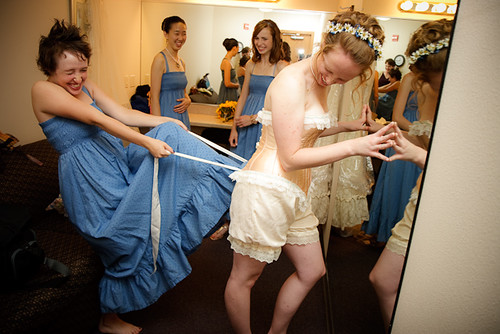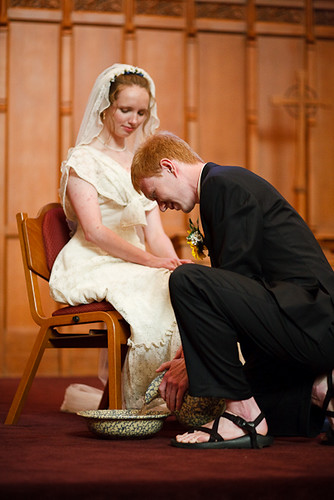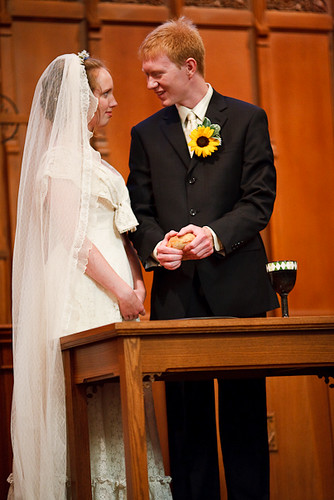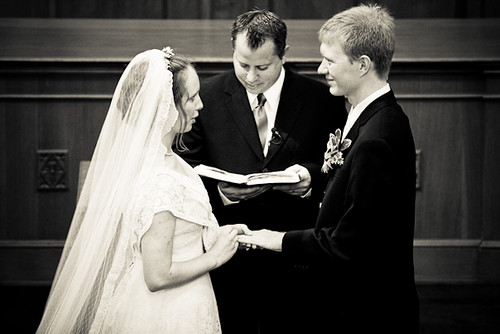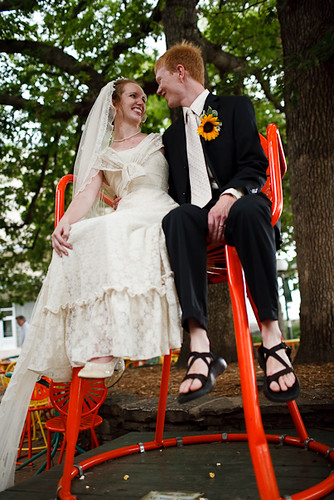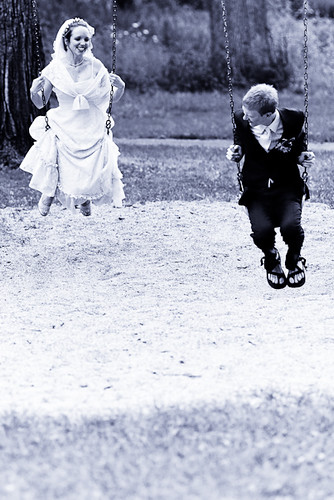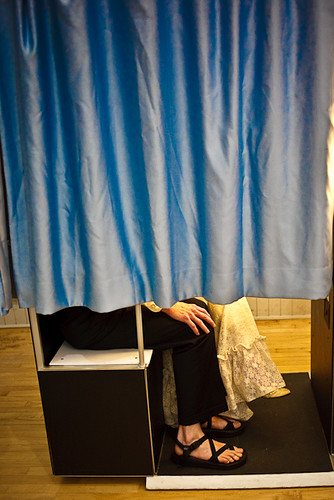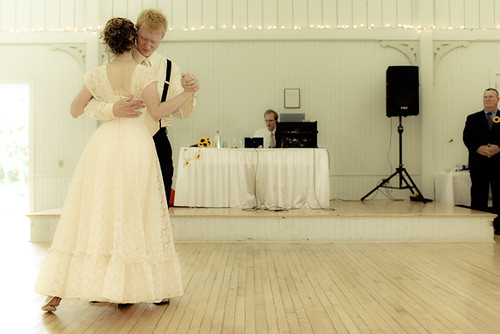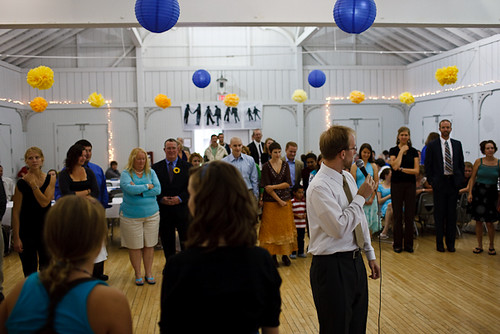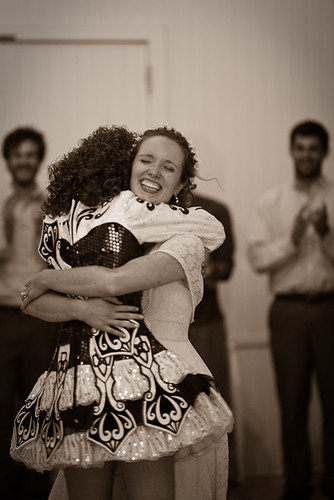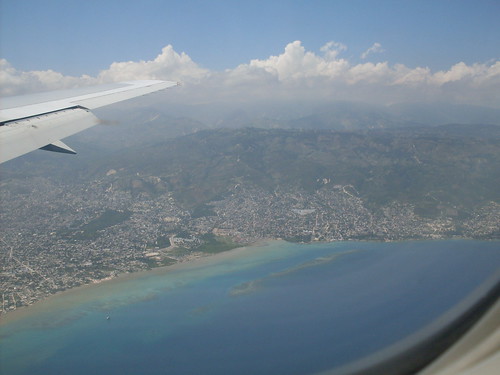
it's been nearly a month since i went down to haiti.
i've been putting off writing about it, partly with hopes that some more pictures will trickle in from teammates that i can use to illustrate (since my not-quite-functional camera combined with self-consciousness in the foreign surroundings meant that i didn't many photos), but also because i can't tell you what i want to tell you, or what you probably expect to hear.
this isn't going to be a post about how going to haiti changed my life/strengthened my faith/brought me new friendships. this isn't going to be a post where i show you heart-breaking pictures and tell you heart-wrenching stories and appeal to you to pray/give/go. this is far from a glowing review.
no, if i'm going to write about my experiences and reactions in haiti, then i must be honest, and if i am honest, then this post will be about isolation, embarrassment, disillusionment, and critique.
i wish it weren't so. i wish i could tell stories of how we bonded as a team, how the spirit worked through us to transcend language barriers and bring people to the lord, how lives were changed and people healed. i wish i could. but to be honest, i can't.
as soon as i was on a plane home from port au prince, i found myself asking "why did we go to haiti?" i know why
i went--god told me to. but why did we 20 people spend probably upwards of $30,000 to go spend 11 days in haiti? i couldn't answer that, and it bothered me. we had projects, to be sure. we did things each day to be productive. we met together once prior to the trip to talk about the projects we'd be doing...but we didn't ever talk about our
purpose. $30,000 would go a long way toward rebuilding our orphanage--so spending that instead on sending down a short-term team must mean that the team is more valuable, right? we must have had some greater spiritual purpose? i'm still trying to figure that out. i left utterly disappointed by the lack of spiritual leadership i got from our leaders.

due to
a last-minute turn of events i left alone, several days earlier than the rest of the team, without experiencing the orphanage or meeting the kids. the days that i was there, i did not work with my team. i worked in the medical clinics with the long-term missions nurses and a doctor and his wife who were strangers until we met at the o'hare airport. when our whole group would reconvene for debriefing in the evenings, my experiences were so different from those of the others from my church that we could hardly relate. the whole week was an exercise in isolation. i am facebook friends with many of our group, but will our lives ever intersect again? can i remember who they are without looking at their photos? was i able to bond with anyone on this trip? no, no, and no.
and finally, these projects we were doing--were they are beneficial as we thought? just how good were our good works? i have spent the past year and a half planning and implementing a health and social development program in an impoverished community. our primary emphasis was on educating, empowering and investing in
people. did we meet quantifiable objectives? sometimes yes, sometimes no. was the program successful? incredibly so. rather than coming in and doing this for the community, we taught, facilitated and encouraged our participants to take ownership of these changes themselves. capacity-building is the best kind of construction we can undertake. is this what we were doing in haiti?
no, it wasn't. we gave handouts and did projects, many of which could have been more beneficial by empowering the locals to do it themselves. most of our team spent a few days clearing rubble, while there were many men looking for work. we erected tents in the tent cities, but may have unknowingly seeded jealousy, pitting neighbor against neighbor in a time when people need to band together. i recognized this even while we were down there, and felt conflicted by the work i specifically was doing--it would take years of investment in someone before they would be able to serve their community in a medical capacity; did that justify our outside intervention? i decided it did, using my patchwork french/spanish/haitian creole to translate questions and instructions in the clinic and pharmacy, but when english-speaking haitians came in, turning that role over to them was the only right answer in my mind.
i do want to point out that these critiques are solely of the leadership and execution of the short-term team. there were several long-term missionaries directing the base, and in my opinion they were doing a very commendable job. long-term efforts include esl classes, small-business-skills classes, bible studies, employing local workers to rebuild the damaged church, and many other things, i'm sure. from my background experience and what i saw while i was there, that is exactly what haiti needs: investment in the skills, confidence, and physical/emotional/spiritual well-being of
the haitian people. our short-term team, spending less than five days in each of our destination cities, simply could not form the kind of relationships that are needed for that kind of investment, and certainly could not continue them. however, the
long-term efforts of our denomination's mission work as well as many other religious and humanitarian groups investing time and money into
rebuilding haiti are spot-on.
am i glad i went? absolutely. while hardly a pleasant, comfortable reflection, my experiences and reactions to said experiences have already helped me shape my perspective. someday, you know, i may very well be making the guiding decisions on initiatives designed to rebuild communities--or rather, enable communities to rebuild themselves. this focusing of ideas has been invaluable.
would i recommend that you go? no. no, i would not recommend that people go to work in haiti, with a few exceptions:
-highly-specific skills, such as doctors and engineers, require years of investment in each individual, so while developing those skills in the haitian people is of course a good thing, external assistance will definitely help fill in the gaps in the meantime. however, i think these outside interventions could be even more beneficial if they include layperson training for efforts that can continue between team visits, such as construction based on engineered designs, or community health worker initiatives.
-people who go down to work long-term (which i am nominally defining as three months or more) are in a much better position than short-term workers to facilitate growth and development. that kind of time investment gives you a chance to learn the language (so important!), develop relationships, and--this is often underestimated, i think--demonstrate to the people you are intending to serve that you are serious about investing in them, just by the act of being there consistently.
-if the good lord tells you to go, you go. i was in haiti scant more than a hundred hours. going wasn't even my idea! yet, it was a good one; it was straight from god.
other than these circumstances, i think that sending people does harm--not actively, but through omission. sending supplies and financial resources and praying for the those who are making long-term commitments to help haiti rebuild can do far more than spending $30,000 to send 20 people down for less than two weeks (in my opinion).
so, that was my experience in haiti...

